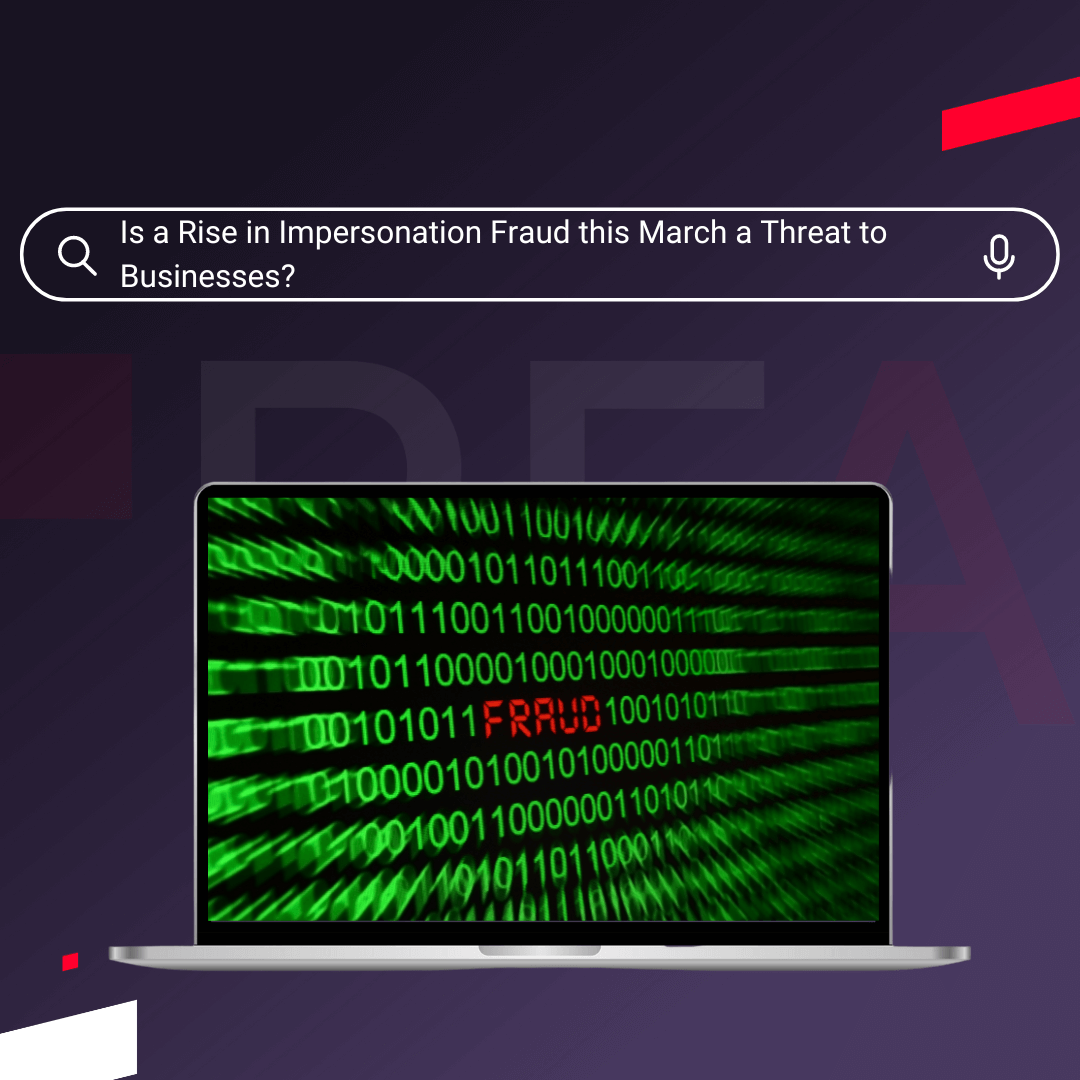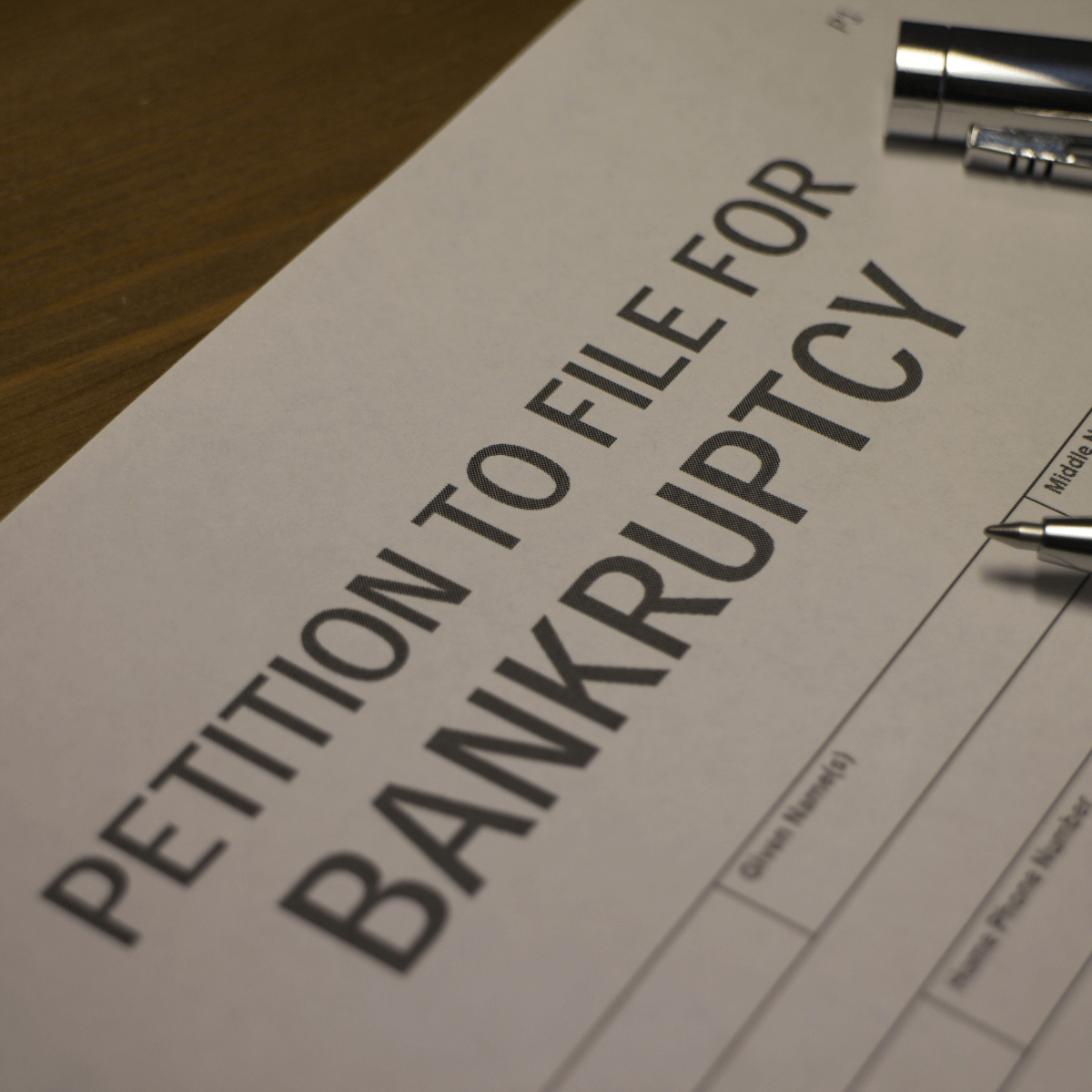As the government communication changes from “stay home” to “stay alert” the message to business is clear: get back to work. With the UK economy facing a once-in-a-generation recession, getting back to work is a huge challenge for many companies.
We’re entering a period of extreme uncertainty and many companies won’t survive. In 2019, 17,000 UK businesses failed – leaving behind £4.3bn of unpaid debt. In the remainder of this year and into the next, we expect this failure to increase dramatically – probably three or fourfold.
An increase in failure of this magnitude would see the value of unpaid debt rise in 2021. In this article, we’re going to look at five specific indicators that show your client or supplier is facing the risk of failure; spotting risk early will give you a chance to manage it.
#1 They’ve Suffered a Significant Bad Debt
When large companies fail, they often leave behind millions in unpaid debt that their creditors will never recover – the average bad debt is £30,000. This typically starts a chain reaction of business failure where suppliers with unpaid invoices end up failing. Our data shows companies that suffer an unpaid invoice are three times more likely to fail in the subsequent 12 months.
Keep an eye on new bad debts and pay attention to debts that are a significant portion of a company’s net worth. Typically only 10% or less of these debts are recovered, and a substantial bad debt can blow a big hole in your balance sheet.
#2 The CCJs are Stacking Up
Not all CCJs are born equal and the occasional small CCJ can be expected, particularly in large companies with a huge range of stakeholders. However, when the value and number of CCJs are high it’s time to take a closer look. A growing number of CCJs points to poor customer care or lackadaisical processes.
Keep an eye out for large CCJs, a flurry or a gradual increase – it’s a sign that there may be deeper problems at the company.
#3 You Can’t Easily Value the Assets
Even in normal circumstances, asset prices on a balance sheet don’t always reflect reality. When Jamie’s Italian failed in 2019, 275 unsecured creditors were left with losses of £6.7m. The balance sheet showed £29.9m of assets, but these assets realised a meagre £400,000 for creditors. In the current climate, asset prices are going to be even more suppressed as demand drops and supply soars.
Look out for companies that have balance sheets stacked with assets you can’t easily value. You should also watch out for a significant amount of intangible assets that are often worth nothing in the event of a liquidation.
#4 Recent Changes of Accounting Period
Many businesses change the accounting period for legitimate reasons; moving a subsidiary in line with a parent company or changing year-end to a quieter period are common reasons. However, companies can also change the accounting period to push back a reporting date and keep financial issues hidden for longer. Pushing back year-end can also defer corporate tax payments and is often a tactic used by struggling companies.
Ultimately, a change in an accounting period is a common precursor to administration, so if you notice a customer changing theirs, it’s time to take a closer look.
#5 Owners That Aren’t Risking Capital
When Bathstore failed its trade creditors got a rough deal. Many were owed thousands of pounds they’d never see again, and dozens ended up failing as a result. But the Bathstore owners were protected; they had a fixed charge over the assets, so during the administration process they were paid back first. If the owners don’t stand to lose money in the event of the failure, can we expect them to do everything they can to keep the business afloat? Perhaps not – companies where the owners have a fixed charge over assets are 2.8 times more likely to fail than those that don’t.
Keep an eye on any companies where the owners have fixed charges over assets: they’re expecting suppliers to take risks they won’t take themselves.
Red Flag Alert provides unique insight into the financial health of every UK business. It drills down into the level of detail described above and also wraps up financial health into quick and simple health ratings that accurately predict business failure.
Discover how Red Flag Alert’s experienced team can help you mitigate risk and protect your business. Why not get a free trial today and see how Red Flag Alert can help your business?
Or to read more on our advice on how to survive the coronavirus pandemic, download our newly released 2021 Covid-19 Playbook.




